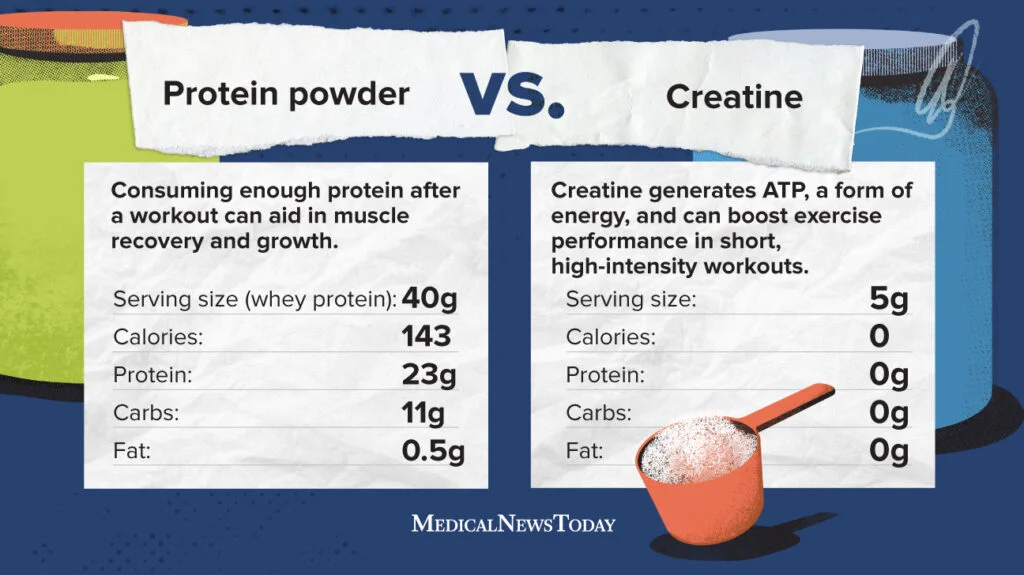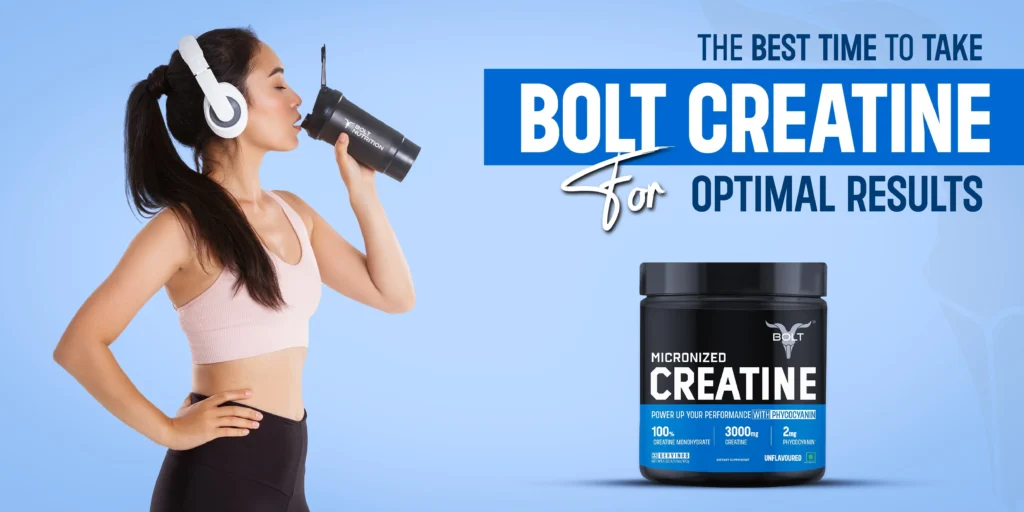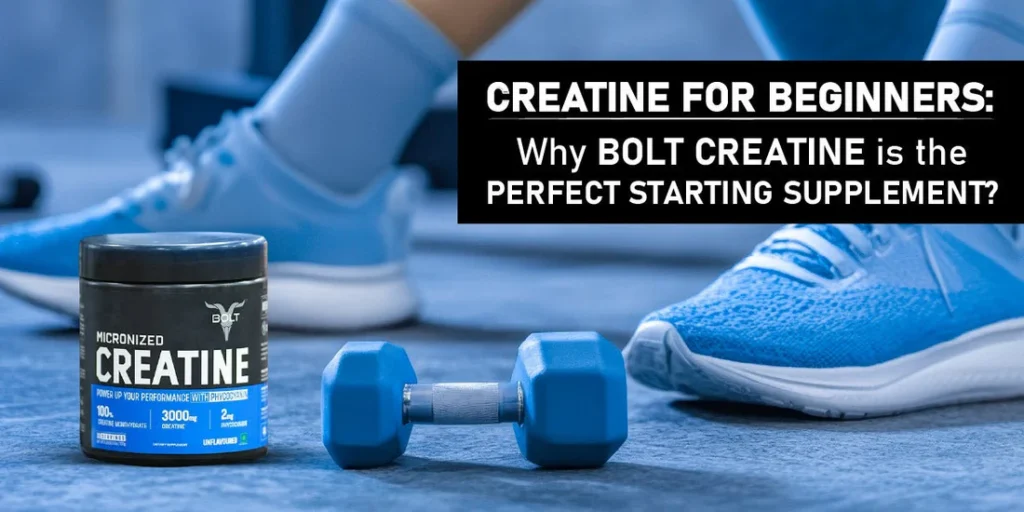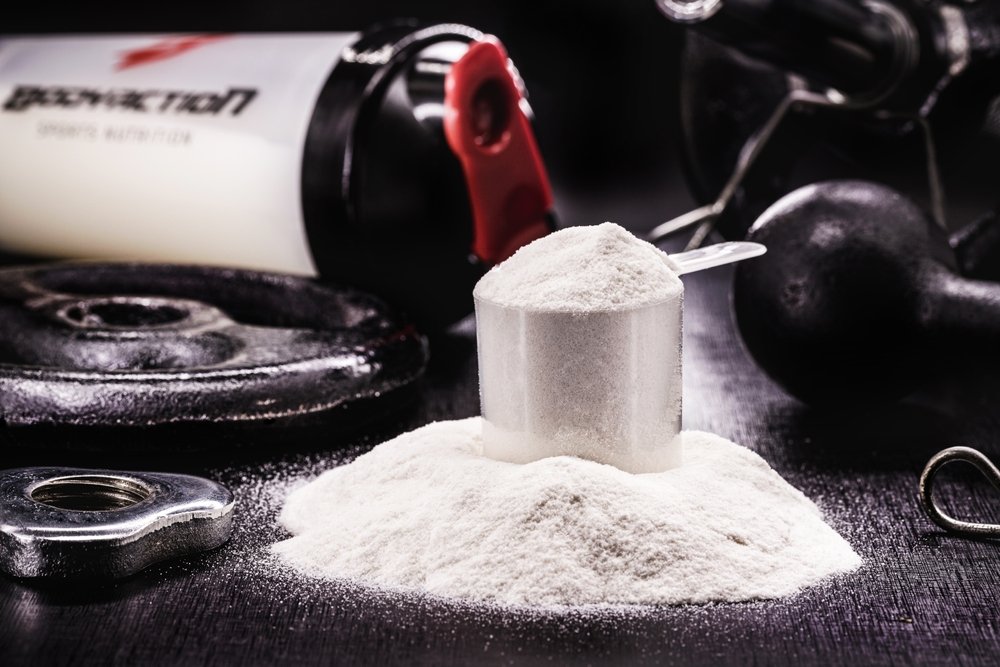Introduction
Creatine is one of the most popular and well-researched supplements in the fitness and sports world. It helps improve energy production, strength, muscle growth, and recovery. Yet, one of the most common questions athletes and gym-goers ask is: When is the best time to take creatine?
Some claim it’s best taken before a workout to boost immediate energy, while others believe post-workout timing helps with better muscle absorption. Science suggests that the exact timing might not make or break your results—but consistency definitely will. In this article, we’ll explore the most effective time to take creatine based on science, discuss what really matters for results, and offer easy, evidence-based recommendations. Whether you’re looking to build muscle, improve performance, or boost endurance, understanding when to take creatine can help you make the most of every scoop.

Understanding How Creatine Works
Creatine is a naturally occurring compound found in muscle cells. It helps produce energy during high-intensity workouts, especially short bursts like sprinting or weightlifting. When you take creatine supplements, it increases your body’s stores of phosphocreatine, which supports the production of adenosine triphosphate (ATP) — the primary energy currency of cells.
More ATP means you can perform more reps, lift heavier, and recover faster. Over time, this translates to improved strength, muscle growth, and overall performance.
The real benefit of creatine comes not from immediate use, but from consistent saturation of muscle stores. That’s why timing, while interesting to explore, isn’t as crucial as taking it regularly.
Read More: When is the best time to take creatine for muscle growth?
Why People Care About Timing
Even though consistency is key, the question of “when” to take creatine still matters because of how the body handles nutrients before and after exercise.
- Pre-Workout Theory
Many athletes take creatine before workouts believing it boosts energy and performance during the session. The idea is that creatine levels in the bloodstream will rise just in time for your muscles to use them. - Post-Workout Theory
Others prefer taking it after workouts, when muscle cells are more sensitive to nutrients. During this “anabolic window,” muscles can absorb creatine more efficiently, especially when paired with carbs or protein. - Rest-Day Routine
On non-training days, most experts suggest taking creatine with a meal. This helps maintain steady levels in the muscles even when you’re not exercising.
In essence, all three timings can work — as long as you’re taking creatine consistently every day.

Scientific View on Timing
Pre-Workout Creatine
Taking creatine before your workout may increase blood creatine levels slightly. However, since creatine works by long-term saturation, not immediate use, the benefits of pre-workout timing are minimal. You might feel a psychological boost, but physical results are similar to other timings.
Post-Workout Creatine
Several studies show a small advantage in taking creatine after a workout. After training, your muscles are more receptive to nutrients and insulin sensitivity is higher, making absorption slightly more efficient. Pairing creatine with a post-workout shake or meal that includes carbohydrates and protein may enhance muscle uptake.
Morning or Evening Intake
Timing creatine in the morning or evening doesn’t seem to affect performance much. What matters most is forming a habit so you don’t miss doses. For example, morning users can mix it with breakfast, while evening trainers can add it to a recovery drink.
Loading vs. Maintenance: Does It Affect Timing?
Many people start with a loading phase to quickly saturate muscles with creatine. This involves taking about 20 grams per day, split into four 5-gram doses, for 5–7 days. After that, you switch to a maintenance dose of 3–5 grams per day.
If you follow a loading phase, it’s best to spread doses evenly throughout the day with meals. Once you reach the maintenance phase, you can take your daily dose whenever it suits you best—before, after, or during any meal.
Both methods work, but the key is to stay consistent so your muscles remain saturated.

Best Practical Routine for Creatine Users
Here’s a simple, user-friendly approach based on research and athlete experience:
- On Workout Days
- Take 3–5 g of creatine after your workout with your protein shake or meal.
- If you train in the morning, mix it with breakfast; if you train in the evening, take it with dinner.
- On Rest Days
- Take 3–5 g with any meal (breakfast or lunch).
- Try to keep the same time each day for consistency.
- Stay Hydrated
Creatine draws water into muscles. Drink plenty of water throughout the day to support hydration and reduce bloating. - Combine with Nutrients
For better absorption, take creatine alongside carbohydrates or protein. For instance, mix it with a banana smoothie or your post-workout shake.
Common Myths About Creatine Timing
Myth 1: You must take creatine exactly before or after a workout.
Not true. While post-workout might be slightly better for absorption, consistent daily use matters far more.
Myth 2: Skipping creatine on rest days doesn’t matter.
Wrong. Skipping doses can lower muscle saturation and slow results.
Myth 3: Creatine causes dehydration or cramps.
Studies show creatine doesn’t cause dehydration; in fact, it helps muscles retain water, improving hydration and recovery.
Myth 4: Timing matters more than dose.
The dose and consistency (3–5 g daily) are the most important factors, not the time of intake.

Tips to Maximize Creatine Benefits
- Be consistent – Take it daily, not just on training days.
- Use the right amount – 3–5 g daily for maintenance is enough.
- Stay hydrated – Drink enough water throughout the day.
- Combine it wisely – Mix with carbs or protein for improved uptake.
- Track your results – Note improvements in energy, strength, and recovery over time.
Sample Daily Plan
Morning Trainer
- Breakfast: Oatmeal with eggs and 1 scoop of creatine.
- Workout: 1–2 hours after breakfast.
- Post-workout: Protein shake with banana (optional extra dose if loading).
Evening Trainer
- Pre-workout meal: Rice and chicken.
- Workout: 6 PM.
- Post-workout: Shake with creatine.
- Dinner: Balanced meal for recovery.
Rest Day
- Breakfast: Add creatine to smoothie or coffee.
- Hydrate throughout the day.
This kind of structured plan makes it easy to stay consistent and achieve full benefits.

Who Should Take Creatine?
Creatine isn’t just for bodybuilders. It benefits:
- Athletes who perform high-intensity sports.
- Older adults seeking better muscle mass and strength.
- Vegans and vegetarians who get less creatine from food.
- Anyone wanting improved recovery and workout performance.
Creatine is safe and effective for long-term use when taken in proper doses.
Read More: Beef Tallow for Skin: Natural Moisturizer or Skincare Myth?
Conclusion
The best time to take creatine depends less on the clock and more on consistency. Research shows taking it after a workout may slightly improve absorption due to increased muscle sensitivity, but the overall difference between pre- and post-workout is small.
What truly determines your results is daily intake—whether you take it with breakfast, after exercise, or before bed, just make it a habit. Combine creatine with carbohydrates or protein, drink plenty of water, and maintain your dosage of 3–5 g per day.
By focusing on routine and hydration, you’ll ensure your muscles stay fully saturated, your energy levels rise, and your performance improves over time. Remember: the best creatine timing is the one you can stick to every single day.
FAQs
1. Is it better to take creatine before or after a workout?
Both work, but post-workout may slightly boost absorption.
2. Should I take creatine on rest days?
Yes. Take it at the same time each day to keep your muscles saturated.
3. Can I take creatine at night?
Yes, timing doesn’t matter as long as you take it daily.
4. Should I take creatine with water or milk?
Water is fine, but mixing with a carb or protein drink may enhance absorption.
5. How long should I take creatine for best results?
You can use it long-term. Most people notice strength and endurance benefits after 3–4 weeks of consistent use.